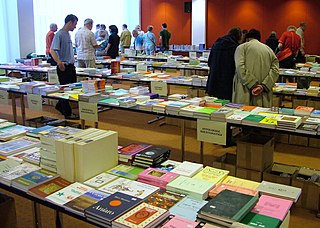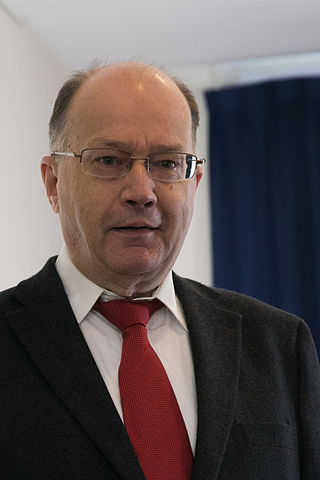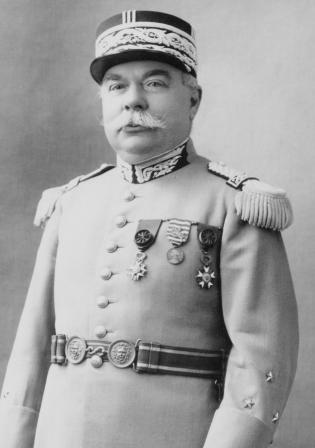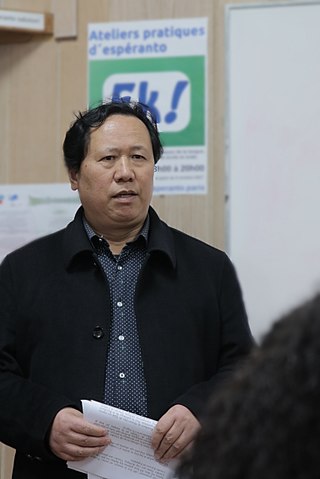
Esperantujo or Esperantio is the community of speakers of the Esperanto language and their culture,as well as the places and institutions where the language is used. The term is used "as if it were a country."

L. L. Zamenhof developed Esperanto in the 1870s and '80s. Unua Libro,the first print discussion of the language,appeared in 1887. The number of Esperanto speakers have increased gradually since then,without much support from governments and international organizations. Its use has,in some instances,been outlawed or otherwise suppressed.

The World Esperanto Youth Organization is an organization dedicated to supporting young Esperanto speakers around the world and promote the use of Esperanto. TEJO was founded in 1938 as the Tutmonda Junular-Organizo and took its current name in 1952. In 1956,TEJO became the youth section of the Universal Esperanto Association (UEA). In 1971,the finances and administration of TEJO were fully integrated into those of UEA.

The Universal Esperanto Association,also known as the World Esperanto Association,is the largest international organization of Esperanto speakers,with 5,501 individual members in 121 countries and 9,215 through national associations in 214 countriesLa membraro de UEA en 2015,"Esperanto" 1301,april 2016,p. 94</ref>and in official relations with the United Nations. In addition to individual members,70 national Esperanto organizations are affiliated with UEA. Its current president is Prof. Duncan Charters. The magazine Esperanto is the main publication to inform UEA members about everything happening in the Esperanto community.
The Esperantic Studies Foundation,abbreviated ESF,is a non-profit organisation initiated in 1968 by Jonathan Pool,E. James Lieberman and Humphrey Tonkin,with the aim to further the understanding and practice of linguistic justice in a multicultural world,with a special focus on the study of interlinguistics and the role of Esperanto.

Literature in the Esperanto language began before the first official publication in Esperanto in 1887:the language's creator,L. L. Zamenhof,translated poetry and prose into the language as he was developing it as a test of its completeness and expressiveness,and published several translations and a short original poem as an appendix to the first book on the language,Unua Libro. Other early speakers wrote poetry,stories,and essays in the language;Henri Vallienne was the first to write novels in Esperanto. The first female Esperanto novelist was Edith Alleyne Sinnotte with her book Lilio published in 1918. Except for a handful of poems,most of the literature from Esperanto's first two decades is now regarded as of historical interest only.
The Delegation for the Adoption of an International Auxiliary Language was a body of academics convened in the early part of the 1900s (decade) to decide on the issue of which international auxiliary language should be chosen for international use. The ultimate decision of the committee charged by the Delegation was to adopt the Esperanto language,but with certain reforms. The result became a distinct language known as Ido.
Finvenkismo is an ideological current within the Esperanto movement. The name is derived from the concept of a fina venko,denoting the moment when Esperanto will be used as the predominant second language throughout the world. A finvenkist is thus someone who hopes for or works towards this "final victory" of Esperanto. According to some finvenkists,this "final victory" of Esperanto may help eradicate war,chauvinism,and cultural oppression. The exact nature of this adoption,and what would constitute a "final victory" is often left unspecified.

Hector Hodler was a Swiss Esperantist who had a strong influence on the early Esperanto movement.
Rüdiger Eichholz,was a Canadian physicist and Esperantist and a member of the Esperanto Academy. He is best known for publishing the "Esperanto picture dictionary" (1988) and a massive anthology co-edited with his wife,Esperanto in the Modern World (1982).
Montagu Christie Butler was a British academic,librarian,lexicographer,musician,and Esperantist. A winner of several prizes at the Royal Academy of Music in London,he was a harpist and a versatile music teacher skilled in playing various musical instruments,as well as a teacher of voice and of musical composition.

Osmo Buller is a Finnish Esperantist is the General Director of the Universal Esperanto Association.

The President of the Universal Esperanto Association is the elected leader of the Universal Esperanto Association and the chief executive of the UEA steering committee (Estraro).

Louis Marie Jules Charles Bastien was a French Esperantist and a quartermaster in the French army. In 1899 he married Marguerite Pfulb (1879–1941);the couple had three daughters and two sons. In school he learned mathematics,classical French literature,Latin and Greek and learned to compose Latin verse. After a year of preparatory studies at l'Ecole Sainte-Geneviève in Versailles he entered l'Ecole Polytechnique in 1887 at the age of 17. Not having the maturity of his older classmates,he did not excel in his studies and,on graduation in 1889,had to content himself with a military career.
Hans Jakob Notz was a German-born Swiss Esperantist. His real name was Franz.
The Center for Research and Documentation on World Language Problems (CRD) is an international research foundation created to study,document,and educate people about language problems,intercultural communication and international relations throughout the world.

The Esperantist of the Year is an honorary designation bestowed each year by the editors of the Esperanto-language monthly La Ondo de Esperanto. The award recipient is selected by an international jury led by Halina Gorecka,the Russian publisher of the magazine.
Hans Michael Maitzen is an Austrian astronomer.

The World Esperantist Vegetarian Association is a voluntary association of Esperanto-speaking vegetarians. Founded in 1908,the group's working language is Esperanto,and it is the oldest international organization of vegetarians that is currently active. TEVA published a journal,Vegetarano ("Vegetarian") from 1914 to 1932,revived in 2009 as Esperantista Vegetarano,and has also operated a spirited Internet mailing list through Yahoo! Groups since 2005.

The following outline is provided as an overview of and topical guide to Esperanto:













